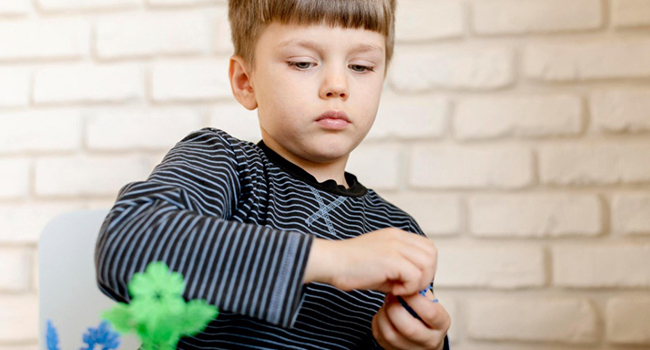
Attention-deficit hyperactivity disorder (ADHD) is a common challenge for many children, and while medication is often the go-to treatment, it's not always the perfect solution due to potential side effects and long-term effectiveness. Researchers have been investigating alternative approaches, such as mindfulness, to see if they offer viable options. A clinical trial comparing mindfulness with medication for children with ADHD sheds light on these potential avenues for managing the condition.
Clinical Trial
This trial set out to compare two methods of addressing ADHD: medication and a mindfulness-based intervention called "MYmind." The MYmind program consisted of weekly mindfulness sessions for children and concurrent sessions for their parents over two months, followed by a single follow-up session two months later. On the other hand, the medication approach involved four months of taking a drug called methylphenidate.
Key Findings
Initially, the medication appeared to be more effective than mindfulness in reducing ADHD symptoms, as reported by parents, teachers, and neutral observers at the two and four-month marks. However, over time, the differences between the two treatments became less pronounced, with both groups showing similar results by the ten-month follow-up.
Long-Term Implications
An intriguing aspect of the trial was the observation that some children who initially participated in the mindfulness program eventually began taking medication, while some who were initially on medication stopped taking it. This complicates the interpretation of the long-term effects and suggests that mindfulness may have a role to play either as an alternative or complementary treatment to medication.
Another noteworthy finding was that more children discontinued their medication during the trial period compared to those who stopped participating in the mindfulness program. This suggests that mindfulness may be more easily accepted and adhered to by children and families, potentially leading to better engagement and continuity of treatment.
Conclusion
While medication remains the primary treatment for ADHD, this trial highlights the potential of mindfulness-based interventions as promising alternatives or supplements. While mindfulness alone may not be sufficient for all cases, it can be a valuable addition to the treatment arsenal, offering a holistic approach that addresses both the child's symptoms and the family dynamics surrounding ADHD.
